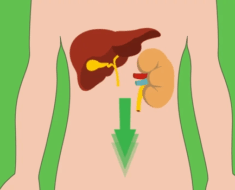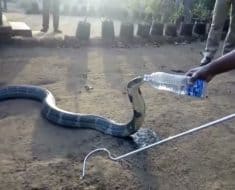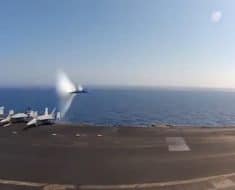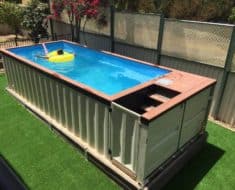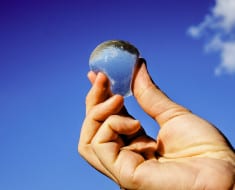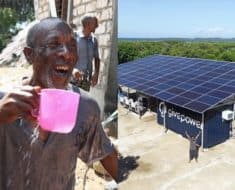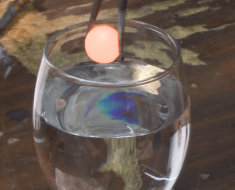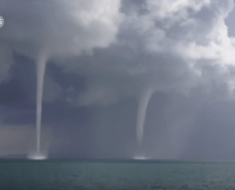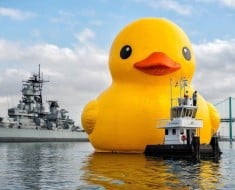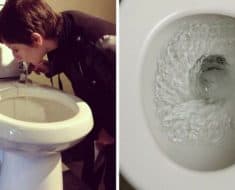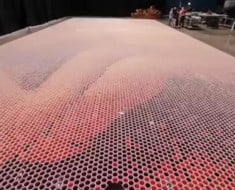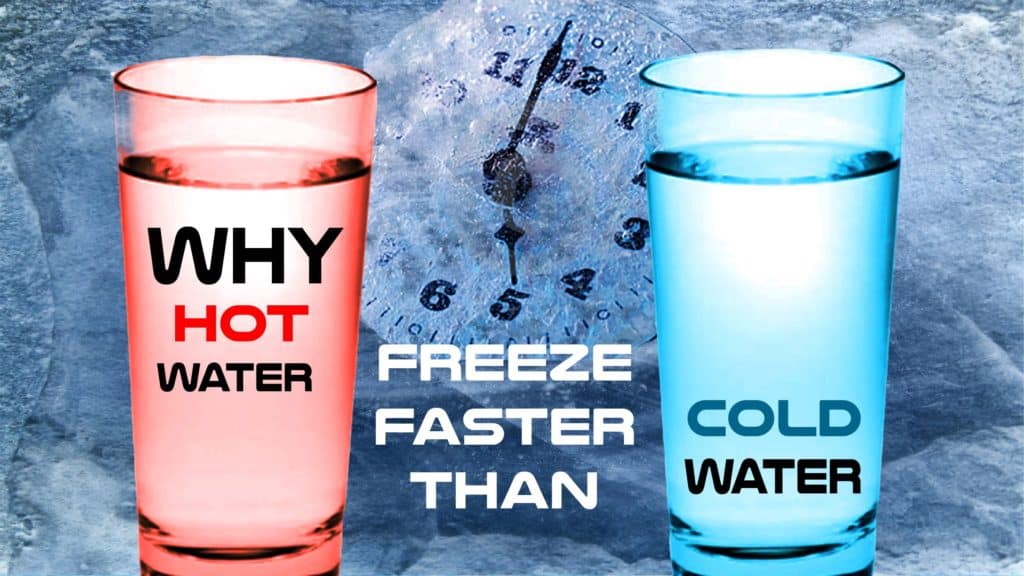
Many of you may not believe that hot water will freeze faster than cold water, but yes, it is in fact true! I truly never believed despite being told by a dear friend for years that it was true. Well, I have been forced to eat my words and I know fill up my ice tray’s with hot water, vs cold!
Aristotle was actually the first person to realize that hot water would freeze faster than cold, but he struggled to explain the reasoning behind it. However, in the 1960’s, a Tanzanian student discovered that a hot ice cream mix freezes faster than a cold mix in his cooking class. This became known as the ‘Mpemba’ effect, named after that student.
So why does hot water freeze faster than cold? Sounds crazy right? Well it sort of is.
Well, it is actually the chemical bond that holds the water molecules together that makes all the difference. Here is an explanation based on the research done by physicists at the Nanyang Technological University in Singapore.
Each water molecule is composed of one oxygen atom bonded covalently to two hydrogen molecules. These bonds involve atoms sharing electrons and are well understood. The separate water molecules are also bound together by weaker forces generated by hydrogen bonds. These forces occur when a hydrogen atom from one molecule of water sits close to an oxygen atom from another.
The team now suggest it is these bonds that cause the Mpemba effect. They propose that when the water molecules are brought into close contact, a natural repulsion between the molecules causes the covalent bonds to stretch and store energy. When the liquid warms up, the hydrogen bonds stretch as the water gets less dense and the molecules move further apart.
The stretching in the hydrogen bonds allows the covalent bonds to relax and shrink somewhat, which causes them to give up their energy. The process of covalent bonds giving up their energy is essentially the same as cooling, and so warm water should in theory cool faster than cold. The team’s calculations suggest that the magnitude of the covalent bond relaxation accounts for the experimental differences in the time it takes for hot and cold water to freeze.
And now you know!
If you are trying to explain to a friend why this happens…just say ‘It’s a molecular thing’. It’s so much easier that way.








